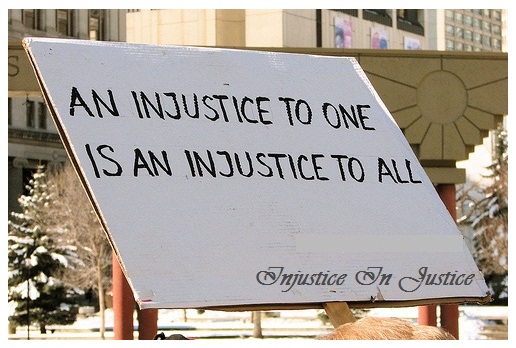"Don't ask, don't tell" (Also known as DADT) is the official United States policy on homosexuals serving in the military until September 20th of this year. After this date, the ban will end thanks to President Barrack Obama.
The policy prohibits military personnel from discriminating against or harassing closeted homosexual or bisexual service members, while barring openly gay, lesbian, or bisexual persons from serving their country. It disallows applicants who "demonstrate a propensity or intent to engage in homosexual acts" from serving in the armed forces of the US because they "would create an unacceptable risk to the high standards of morale, good order and discipline, and unit cohesion that are the essence of military capability." It prohibits any homosexual/bisexual person from telling anyone of his or her sexual orientation or from speaking about any gay relationships, including marriages, whilst in the armed forces. It specifies that service members who confess that they are gay or engage in homosexual acts shall be discharged.
"Don't ask" refers to the policy in that superiors should not investigate a serviceman's sexual orientation when they haven't displayed any prohibited behaviours.
Number of discharges:
Since the policy was introduced in 1993, the military has discharged over 13,000 troops from the military.
Australia has no ban. Since 1992, we have allowed them to serve. This decision has had no impact on military readiness, according to a new University of California study. In fact, many senior Australian military commanders believed the policy change had been a success that had helped to build "greater equity and effective working relationships within the ranks.' The US can learn from our example.








